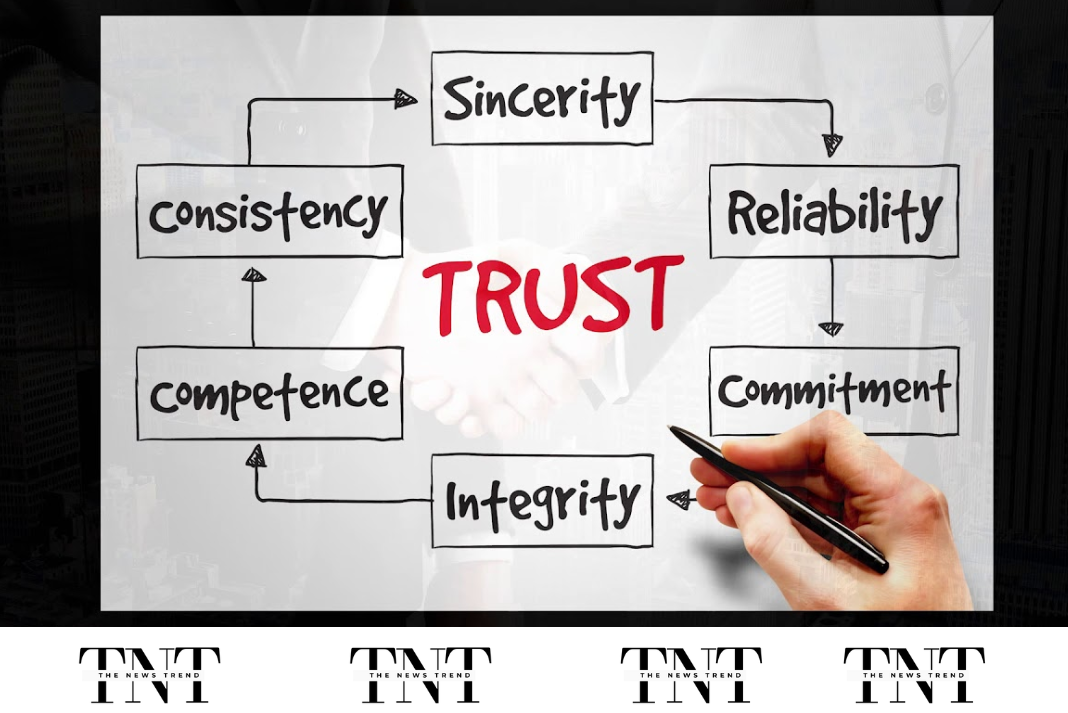The landscape of international relations in 2025 is defined by a volatile mix of escalating conflicts, climate emergencies, technological disruption, and shifting power dynamics. As nations grapple with these challenges, the stakes for global stability and cooperation have never been higher. Below, we explore the most pressing issues shaping diplomacy, security, and governance in this transformative era.
1. Escalating Conflicts and the Quest for Peace
Persistent Wars and Humanitarian Crises
The wars in Ukraine, Gaza, Sudan, and Syria continue to dominate global security agendas, with devastating humanitarian consequences. In Ukraine, Russian aggression has displaced millions and destabilized Eastern Europe, while Gaza faces catastrophic famine due to blockades and violence. These conflicts underscore the limitations of traditional diplomacy and the urgent need for innovative peace-building strategies.
The Role of the UN and Fragmented Alliances
The United Nations, designed to mediate such crises, faces criticism for its inability to enforce ceasefires or broker lasting solutions. As geopolitical blocs like the Russia-Iran-China axis and the Global South’s emerging alliances challenge Western dominance, the world is witnessing a fragmented security order. For instance, China’s Global Security Initiative and the Shanghai Cooperation Organization reflect its ambition to reshape global governance, while the West struggles to maintain influence.
Rebuilding Trust in Multilateralism
Post-conflict reconstruction demands unprecedented collaboration. The UN’s role in Syria’s political transition highlights the complexities of fostering inclusive governance amid entrenched divisions. However, without reforms to address power imbalances and funding shortfalls, multilateral institutions risk irrelevance.
2. Climate Action and the Road to COP 30
The Pressure for Ambitious Targets
All eyes are on COP 30 in Brazil, where nations must submit updated emissions reduction plans (NDCs) aligned with the Paris Agreement’s 1.5°C goal. Current pledges fall short, particularly in sectors like agriculture, which accounts for 24% of global emissions. Innovations in sustainable food systems and renewable energy will be critical to closing this gap.
The Shipping Industry’s Climate Challenge
The International Maritime Organization (IMO) faces pressure to regulate shipping emissions, a sector responsible for 3% of global CO2 output. Negotiations in 2025 could mark a turning point, but conflicting national interests threaten progress.
Climate Finance and Equity
Low-income countries, disproportionately affected by climate disasters, demand greater financial support. The $100 billion annual climate finance pledge remains unmet, exacerbating distrust between developed and developing nations.
3. Geopolitical Shifts and Economic Realignments
US-China Decoupling and Trade Wars
The return of protectionist policies, including proposed US tariffs of 60% on China and 20% on other partners, risks fracturing global trade. Retaliatory measures could disrupt supply chains, particularly in electronics and automotive sectors. Meanwhile, China’s Belt and Road Initiative (BRI) continues to expand its economic footprint, challenging Western-led models.
Europe’s Precarious Balancing Act
The EU faces dual pressures from US trade demands and competition with China. High energy costs and fiscal constraints, like Germany’s debt brake, limit Europe’s ability to counter external shocks.
Biotech as a New Frontier
Biotechnology is emerging as a geopolitical battleground, with nations vying for dominance in health, agriculture, and security. Fragmented regulations and intellectual property disputes could hinder global collaboration.
4. The Digital Battleground: Cybersecurity and Misinformation
Cyber Threats and State-Sponsored Attacks
Nations like Russia, China, and North Korea increasingly use cyber tools for espionage and disruption. Incidents like the 2016 US election interference and the WannaCry ransomware attack highlight the vulnerability of critical infrastructure.
The Rise of Digital Diplomacy
Social media platforms like Twitter and Zoom have transformed state interactions, enabling real-time communication but also spreading disinformation. Smaller nations, such as Ukraine, leverage these tools to rally global support, while authoritarian regimes manipulate narratives to suppress dissent.
AI Governance and Ethical Dilemmas
With AI development outpacing regulation, 2025 could see unchecked advancements in surveillance, deepfakes, and autonomous weapons. The lack of international consensus on ethical standards heightens risks of misuse.
5. The Future of Global Governance: UN Reform and Multilateralism
Adapting to a Multipolar World
The UN’s 80th anniversary in 2025 underscores the need for institutional reforms. Outdated structures, designed post-World War II, struggle to address modern challenges like cyber warfare and climate migration. Proposals include expanding Security Council membership and reallocating voting power to reflect emerging economies.
The Rise of Minilateralism
Countries are increasingly prioritizing regional alliances over global institutions. Initiatives like the Regional Comprehensive Economic Partnership (RCEP) and the African Continental Free Trade Area (AfCFTA) reflect this shift, sidelining bodies like the WTO.
Non-State Actors and Grassroots Movements
Corporations, NGOs, and activists now wield significant influence. Tech giants like Meta shape privacy norms, while groups like Extinction Rebellion drive climate policy. Diplomats must navigate this complex ecosystem to achieve consensus.
Conclusion: A Call for Adaptive Leadership
The challenges of 2025 demand leaders who can balance national interests with global imperatives. Key priorities include:
- Conflict Resolution: Investing in inclusive peace processes and post-war reconstruction.
- Climate Equity: Delivering finance and technology to vulnerable nations.
- Tech Governance: Establishing ethical frameworks for AI and cybersecurity.
- Institutional Reform: Modernizing the UN to reflect 21st-century realities.
As the world navigates this “law of the jungle” era, cooperation—not confrontation—remains the only viable path to stability. The choices made today will determine whether 2025 becomes a year of breakdown or breakthrough.
For further insights, explore analyses from the International Crisis Group, Eurasia Group, and UN Foundation.



